The Reinventing Digital Infrastructure for Civic Empowerment workshop will focus on understanding concrete pathways for AI-enhanced digital communications to promote human deliberation and enable productive collective action, all within constraints such as preservation of privacy and autonomy, inclusiveness, and accountability.
This workshop is by invitation only.
Questions? Please contact Christie Ko or Susan Young.
Agenda
Bios for panelists below
9:15a PT
Arrivals, breakfast
10:00a PT
Welcome
Erik Brynjolfsson
10:10a PT
Overview: Framing the Problems; Teeing Up the Solutions
Sandy Pentland
10:20a PT
Session 1: Designing Pro-social Conversations
In this session academics will share research on human behavior in online communities and interventions for encouraging prosocial behavior.
Alia Braley
José Ramón Enríquez
Zivvy Epstein
Jeff Hancock
Robb Willer
Diyi Yang
11:30a PT
Lunch
12:30p PT
Session 2: Designing Pro-social Infrastructure
In this session, academics will share research on the digital infrastructure that underpins online communities and show data from interventions for mitigating problematic, anti-social behavior.
Wajeeha Ahmad
Matt Gentzkow
Thomas Hardjono
Shayne Longpre
Robert Mahari
Gabriele Mazzinii
Sandy Pentland
1:50p PT
Break
2:00p PT
Session 3: Panel Discussion on AI and Digital Infrastructure: Roles of Government and Industry
Erik Brynjolfsson
James Manyika
Condoleezza Rice
Tomicah Tillemann
3:00p PT
Break
3:30p PT
Fireside Chat: The Digitalist Papers
Lily Tsai
Moderated by Nate Persily
4:00p PT
Closing comments + Reception
5:00p PT
Adjourn
Featured
panelists
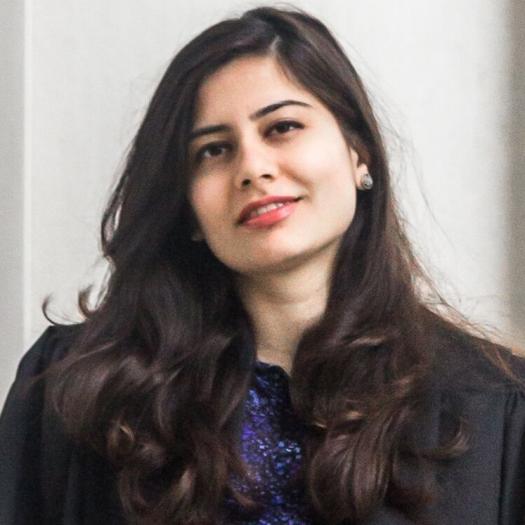
Stanford University
Wajeeha is a PhD student at the Management Science and Engineering department at Stanford interested in examining the role of digital platforms in enabling entrepreneurship and creating shared prosperity. Before coming to Stanford, she received a BS in Mathematics and an MS in Technology and Policy from MIT.
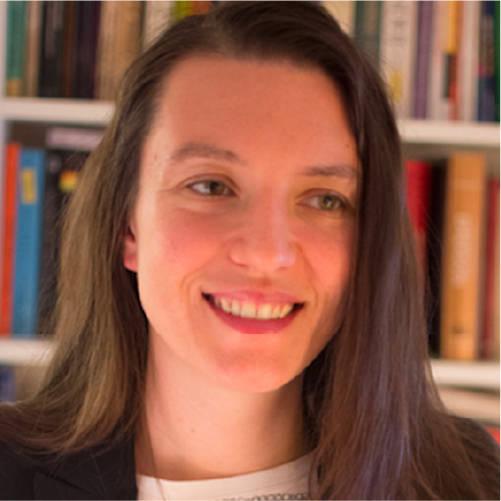
UC Berkeley, Stanford Digital Economy Lab
Alia Braley is a PhD candidate in the Department of Political Science at UC Berkeley, a Project Scientist at Stanford’s Digital Economy Lab, and a Senior Research Fellow at Stanford’s Polarization and Social Change Lab. She was recently a Visiting Scholar at the SNF Agora Institute at Johns Hopkins University, the Director of Research and Education at the Albert Einstein Institution, a consultant at the World Bank Development Data Group, and a visiting researcher at the MIT Media Lab Human Dynamics Group.
She specializes in the study of democratic resilience in cases of political polarization and autocratic threat as well as civil resistance strategies in acute political conflict. The intervention featured in her recent publication in Nature Human Behaviour, Why Voters Who Support Democracy Participate in Democratic Backsliding, was the most effective at reducing polarization and strengthening democratic attitudes in Stanford University’s Strengthening Democracy Challenge mega-study.
She was previously a research assistant at the UC Berkeley Violence and Intervention Lab, at the United States Institute of Peace Nonviolent Action Program, and at the Harvard Kennedy School of Government Evidence for Policy Design Program.
She holds a Masters in Divinity from Harvard University, where her research focused on religion, ethics, and politics. During her time as a student, she served as an intern at the Center for Applied Nonviolent Action and Strategies in Belgrade, Serbia and presented the findings of her master’s thesis on nonviolent action in Iraq and Syria at TEDx Salem.
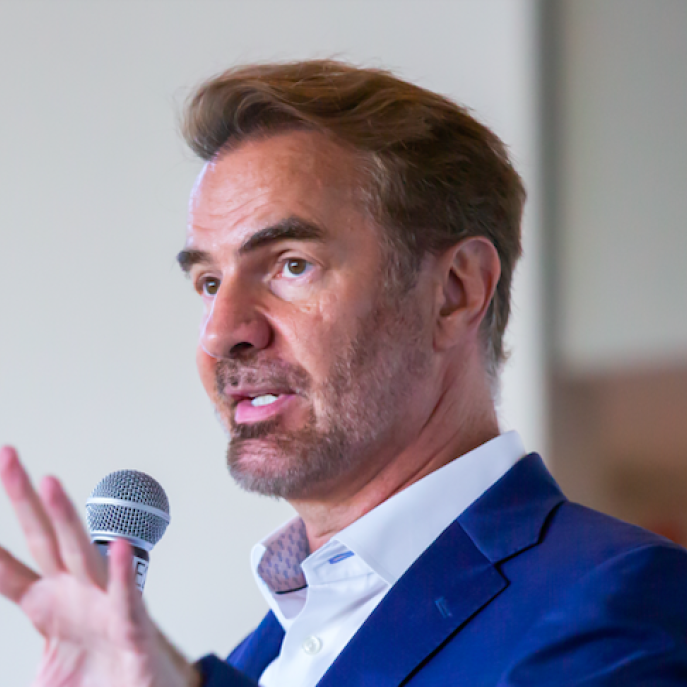
Stanford Digital Economy Lab, Stanford HAI
Dr. Erik Brynjolfsson is the Jerry Yang and Akiko Yamazaki Professor and Senior Fellow at the Stanford Institute for Human-Centered AI (HAI), and director of the Stanford Digital Economy Lab. He is the Ralph Landau Senior Fellow at the Stanford Institute for Economic Policy Research (SIEPR) and holds appointments at the Stanford Graduate School of Business, Stanford Department of Economics and a Research Associate at the National Bureau of Economic Research (NBER).
One of the most-cited authors on the economics of information, Brynjolfsson was among the first researchers to measure productivity contributions of IT and the complementary role of organizational capital and other intangibles. He has done pioneering research on digital commerce, the Long Tail, bundling and pricing models, intangible assets, and the effects of IT on business strategy, productivity, and performance.
Brynjolfsson speaks globally and is the author of nine books, including, with co-author Andrew McAfee, best-seller The Second Machine Age: Work, Progress and Prosperity in a Time of Brilliant Technologies, and Machine, Platform, Crowd: Harnessing Our Digital Future as well as over 100 academic articles and five patents. He holds bachelor’s and master’s degrees from Harvard University in applied mathematics and decision sciences and a PhD from MIT in managerial economics.
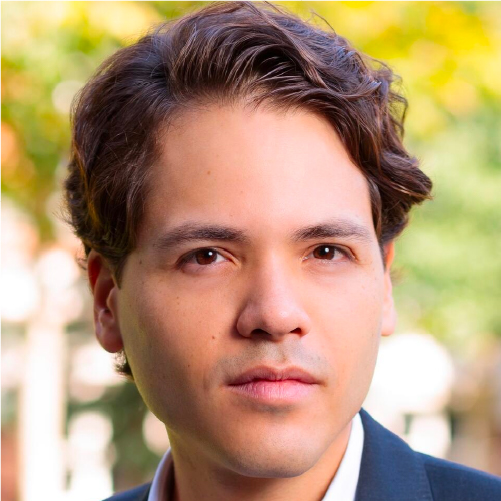
Stanford University
José Ramón Enríquez is a postdoctoral fellow at the Stanford Digital Economy Lab (Stanford HAI) and the Golub Capital Social Impact Lab (Stanford GSB).
José Ramón obtained his Ph.D. in Political Economy and Government (PEG) from Harvard University in May 2023.
José Ramón studies the political economy of economic and political development with a focus on political accountability. Specifically, he has worked on understanding the role of information in improving political accountability, with a specific emphasis on misinformation, political polarization, and corruption; the causes and effects of criminal-political violence on democratic representation; and the effects of the lack of coordination across levels of government.
In his research, José Ramón relies significantly on quasi-experimental and experimental methods. He uses original fine-grained data, which he gathers and structures, originating from a variety of sources, such as administrative records, social media platforms, and online media. In some instances, he also uses formal analytic models to build theoretical frameworks and formulate original predictions to test empirically.
Before his doctoral studies, José Ramón obtained a B.A. in Economics and a B.A. in Political Science from Instituto Tecnológico Autónomo de México (ITAM) in Mexico City. He was raised in Durango, Mexico.
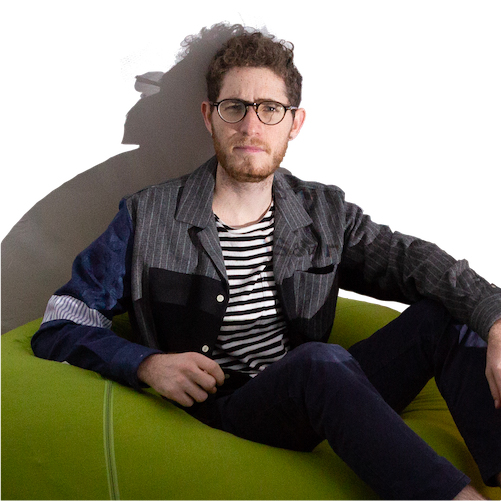
Stanford Digital Economy Lab, Stanford HAI
Ziv Epstein is a postdoctoral fellow at the Stanford Institute for Human-Centered AI. In his research, he seeks to bring a (more-than-)human-centered approach to the design of sociotechnical systems. In particular, he focuses on translating insights from design and the social sciences into the development of generative AI and social media platforms. In his dissertation, he explored ways to conceptualize and navigate attention online in order to develop interventions to mitigate the spread of misinformation and to promote collective intelligence: how do we move away from an attention economy, and towards an attention ecology?
Ziv has published papers in venues such as the general interest journals Nature, Science and PNAS, as well as top-tier computer science proceedings such as CHI and CSCW. His work has also received widespread media attention in outlets like the New York Times, Scientific American, and NPR.
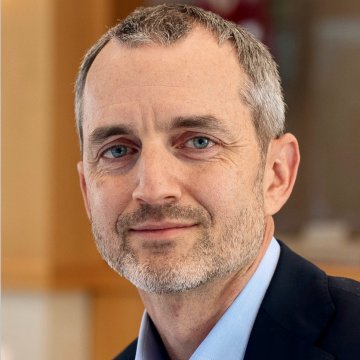
Stanford University
Matthew Gentzkow is a Professor of Economics at Stanford University. He studies applied microeconomics with a focus on media industries. He received the 2014 John Bates Clark Medal, given by the American Economic Association to the American economist under the age of forty who has made the most significant contribution to economic thought and knowledge. He is a fellow of the American Academy of Arts and Sciences and the Econometric Society, a senior fellow at the Stanford Institute for Economic Policy Research, and a former co-editor of the American Economic Journal: Applied Economics. Other awards include the 2016 Calvó-Armengol International Prize, the Alfred P. Sloan Research Fellowship, grants from the National Science Foundation, National Institutes for Health, and Sloan Foundation, and a Faculty Excellence Award for teaching. He studied at Harvard University, earning a bachelor’s degree in 1997, a master’s degree in 2002, and a Ph.D. in 2004.
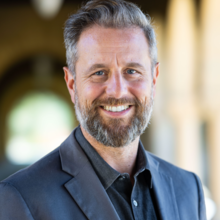
Stanford Social Media Lab
Jeff Hancock is the founding director of the Stanford Social Media Lab and is Harry and Norman Chandler Professor of Communication at Stanford University. Professor Hancock and his group work on understanding psychological and interpersonal processes in social media. The team specializes in using computational linguistics and experiments to understand how the words we use can reveal psychological and social dynamics, such as deception and trust, emotional dynamics, intimacy and relationships, and social support. Recently Professor Hancock has begun work on understanding the mental models people have about algorithms in social media, as well as working on the ethical issues associated with computational social science.
Professor Hancock is well-known for his research on how people use deception with technology, from sending texts and emails to detecting fake online reviews. His TED Talk on deception has been seen over 1 million times and he’s been featured as a guest on “CBS This Morning” for his expertise on social media. His research has been published in over 80 journal articles and conference proceedings and has been supported by funding from the U.S. National Science Foundation and the U.S. Department of Defense. His work on lying and technology has been frequently featured in the popular press, including the New York Times, CNN, NPR, CBS and the BBC.
Professor Hancock was a Customs Officer in Canada before earning his PhD in Psychology at Dalhousie University, Canada. He was a Professor of Information Science and Communication at Cornell prior to joining Stanford in 2015. He currently lives in Palo Alto with his wife and daughter, and he regularly does his best to stop pucks as a hockey goalie.
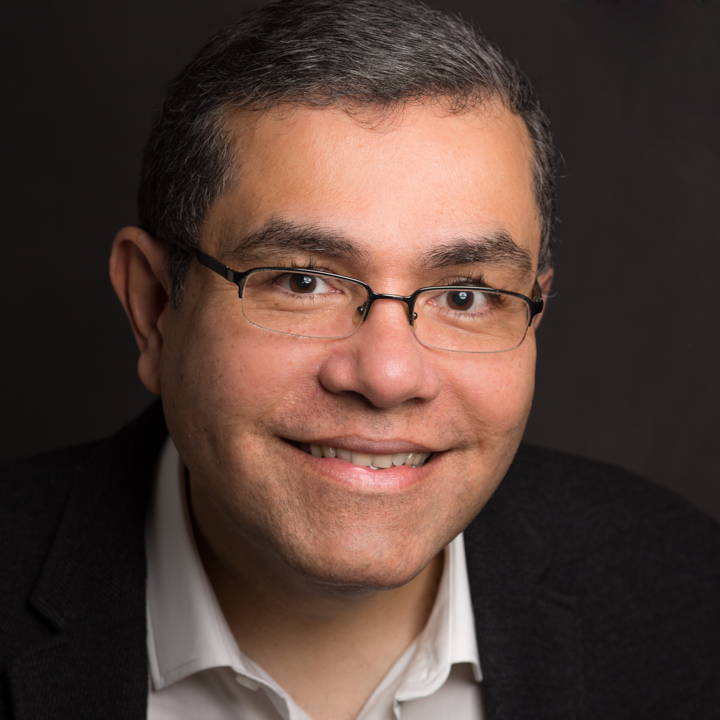
MIT
Dr Thomas Hardjono is the CTO of Connection Science & Engineering at MIT in Cambridge, MA. USA. He is an early pioneer in the field of digital identities and trusted hardware and was instrumental in the development and broad adoption of the MIT Kerberos authentication protocol. His activities include leading standard development efforts in several industry forums, including the IETF, the IEEE, Trusted Computing Group, Confidential Computing Alliance and others. He has published over 70 technical conference/journal papers, several books, and over 30 patents. He is currently involved in several startups around the MIT community. His current area of interest is Web3 Digital Assets, with focus on the interoperability of asset networks and survivability of these networks against cybersecurity attacks.
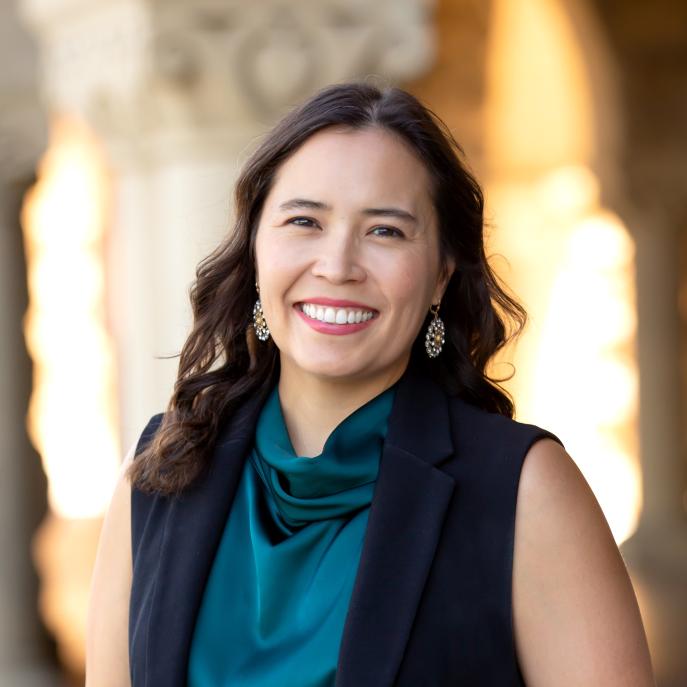
Stanford Digital Economy Lab
Christie Ko is the executive director of the Stanford Digital Economy Lab. Prior to joining Stanford, she was associate director of the MIT Initiative on the Digital Economy. Christie also served as the head of Member Services for the MIT Energy Initiative, where she worked closely with corporations, foundations, and individuals to support research, symposia, events, and educational programs. During her time at MITEI, she also ramped up a multi-disciplinary Energy Studies Minor and piloted an internship program.
Christie received a BA in literature from Boston University and an MS in writing and cultural politics from the University of Edinburgh.

MIT
Shayne Longpre is a PhD candidate at MIT focusing on the data and methods used to train language models, as well as the broader society impact of new AI systems. He leads the Data Provenance Initiative and contributes to other AI transparency and access initiatives like the Foundation Model Transparency Index, and the open letter on Safe Harbors for Independent AI Research.

MIT
Robert Mahari is a PhD student in the Human Dynamics group and a JD candidate at Harvard Law School. He studies how technology can and should affect the practice of law with a focus on increasing access to justice and judicial efficacy.
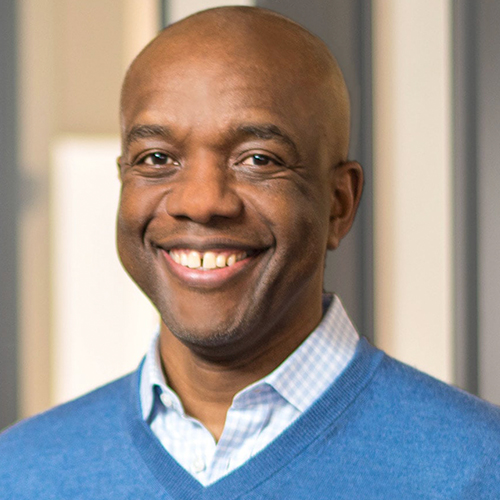
Google-Alphabet
As Google’s SVP of Research, Technology & Society, James Manyika oversees Google Research and leads efforts across Google and Alphabet to responsibly shape and advance our most ambitious innovations to benefit people and society.
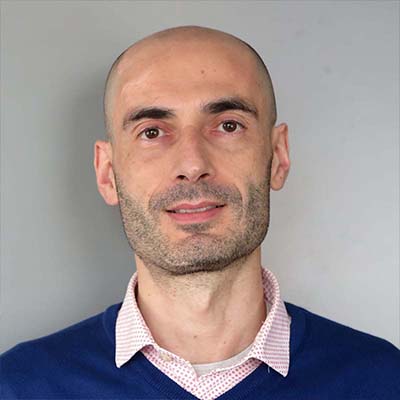
European Commission
As officer of the European Commission since August 2017, Gabriele has focused on legal and policy questions raised by new technologies. In that role, he contributed to shaping and implementing the policy and regulatory initiatives of the European Commission on Artificial Intelligence since its inception with the adoption of the Communication on Artificial Intelligence for Europe in April 2018. He co-authored the White Paper on Artificial Intelligence (February 2020), which was followed by an extensive public consultation of citizens and stakeholders within the EU and internationally. Most recently, he designed and co-drafted the proposal for the Artificial Intelligence Act (April 2021). As European Union officer, he also served in the European Parliament, Legal Service (2004-2009) and the Court of Justice (2001-2003). Between 2009 and 2017 Gabriele lived in the United States. He worked for five years at the Millennium Villages Project, an international development initiative across several sub-Saharan countries founded and directed by Columbia University economist and senior United Nations advisor Dr. Jeffrey Sachs and he collaborated with early stage start-ups in the field of emergency communications and energy in New York City. He holds a LLM from Harvard Law School, a PhD in Italian and Comparative Criminal Law from the University of Pavia and a Law Degree from the Catholic University in Milan. He is qualified to practice law in Italy and New York.
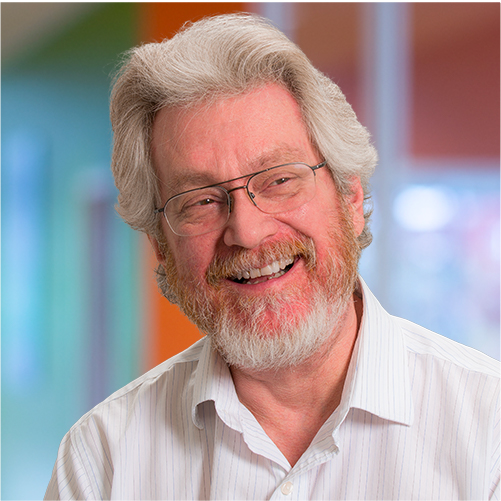
MIT, Stanford University
Alex `Sandy’ Pentland directs MIT’s Human Dynamics Laboratory and the MIT Media Lab Entrepreneurship Program, co-leads the World Economic Forum Big Data and Personal Data initiatives, and is a founding member of the Advisory Boards for Nissan, Motorola Mobility, Telefonica, and a variety of start-up firms. He has previously helped create and direct MIT’s Media Laboratory, the Media Lab Asia laboratories at the Indian Institutes of Technology, and Strong Hospital’s Center for Future Health.
In 2012 Forbes named Sandy one of the `seven most powerful data scientists in the world’, along with Google founders and the CTO of the United States, and in 2013, he won the McKinsey Award from Harvard Business Review. He is among the most-cited computational scientists in the world, and a pioneer in computational social science, organizational engineering, wearable computing (Google Glass), image understanding, and modern biometrics. His research has been featured in Nature, Science, and Harvard Business Review, as well as being the focus of TV features on BBC World, Discover and Science channels. His most recent book is `Honest Signals,’ published by MIT Press.
Over the years Sandy has advised more than 50 PhD students. Almost half are now tenured faculty at leading institutions, with another one-quarter leading industry research groups and a final quarter founders of their own companies.
Sandy’s research group and entrepreneurship program have spun off more than 30 companies to date, three of which are publicly listed and several that serve millions of poor in Africa and South Asia. Recent spin-offs have been featured in publications such as the Economist and the New York Times, as well as winning a variety of prizes from international development organizations.
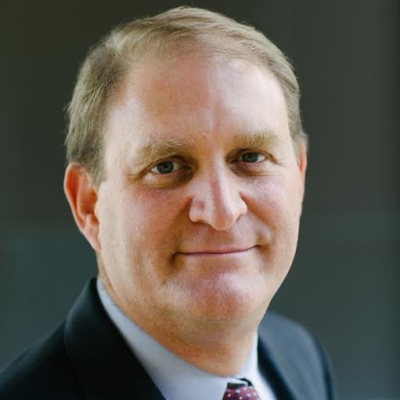
Stanford University
Nate Persily is the James B. McClatchy Professor of Law at Stanford Law School, with appointments in the departments of Political Science, Communication, and the Freeman Spogli Institute of International Studies. He is the Founding Co-Director of the Stanford Cyber Policy Center and its Program on Democracy and the Internet, as well as the Stanford-MIT Healthy Elections Project. Professor Persily’s scholarship and legal practice address issues such as voting rights, political parties, campaign finance, redistricting, and election administration – all topics covered in his coauthored election law casebook, The Law of Democracy (Foundation Press, 6th ed., 2020), with Samuel Issacharoff, Pamela Karlan, Richard Pildes and Franita Tolson. He has served as a special master or court-appointed expert to craft congressional or legislative districting plans for Georgia, Maryland, Connecticut, New Hampshire, New York, North Carolina, and Pennsylvania. He also served as the Senior Research Director for the Presidential Commission on Election Administration. His current work, for which he has been honored as a Guggenheim Fellow, Andrew Carnegie Fellow, and a Fellow at the Center for Advanced Study in the Behavioral Sciences, examines the impact of social media and artificial intelligence on political communication, campaigns, and elections. His most recent book is a coedited volume with Joshua Tucker, Social Media and Democracy: The State of the Field and Prospects for Reform (Cambridge Press, 2020). Professor Persily is a member of the American Academy of Arts and Sciences, and served as a commissioner on the Kofi Annan Commission on Elections and Democracy in the Digital Age. He received a B.A. and M.A. in political science from Yale (1992); a J.D. from Stanford (1998) where he was President of the Stanford Law Review, and a Ph.D. in political science from U.C. Berkeley in 2002.
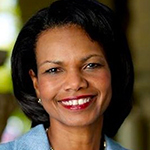
Hoover Institution, Stanford University
Condoleezza Rice is the Tad and Dianne Taube Director of the Hoover Institution and a Senior Fellow on Public Policy. She is the Denning Professor in Global Business and the Economy at the Stanford Graduate School of Business. In addition, she is a founding partner of Rice, Hadley, Gates & Manuel LLC, an international strategic consulting firm.
From January 2005 to January 2009, Rice served as the 66th Secretary of State of the United States, the second woman and first black woman to hold the post. Rice also served as President George W. Bush’s Assistant to the President for National Security Affairs (National Security Advisor) from January 2001 to January 2005, the first woman to hold the position.
Rice served as Stanford University’s provost from 1993 to 1999, during which time she was the institution’s chief budget and academic officer. As Professor of Political Science, she has been on the Stanford faculty since 1981 and has won two of the university’s highest teaching honors.
From February 1989 through March 1991, Rice served on President George H.W. Bush’s National Security Council staff. She served as Director, then Senior Director, of Soviet and East European Affairs, as well as Special Assistant to the President for National Security. In 1986, while an International Affairs Fellow of the Council on Foreign Relations, Rice also served as Special Assistant to the Director of the Joint Chiefs of Staff.

Project Liberty
Dr. Tomicah Tillemann leads Project Liberty’s $500 million effort to build alternatives to big tech. His work focuses on providing people with more agency over their data, a voice in how digital platforms operate, and greater access to the economic benefits of innovation. Prior to joining Project Liberty, he led policy for Andreessen Horowitz (a16z) and Haun Ventures. He also served as Senior Advisor to two Secretaries of State, directing a team of experts that built 20 major initiatives in 55 countries.
Tomicah joined the State Department in 2009 as Hillary Clinton’s speechwriter and spent four years on the professional staff of the Senate Foreign Relations Committee working with Joe Biden, Tony Blinken, Barack Obama, and John Kerry. Tomicah also served as the Executive Director of the Digital Impact and Governance Initiative at New America, where he built and oversaw programs on asset allocation, technology, and democratic governance. He led teams that built and deployed technology solutions focused on strengthening democratic institutions and private sector accountability worldwide. He developed partnerships with a broad array of governments, universities, and Fortune 100 companies.
Tomicah is a co-holder of four patents. He has served as a member of the World Economic Forum’s Council for the Fourth Industrial Revolution, the UN World Food Program’s Innovation Advisory Council, and the Lantos Foundation’s Board of Trustees. He received his B.A. magna cum laude from Yale University and holds a Ph.D. with distinction from the School for Advanced International Studies at Johns Hopkins University. He is a life member of the Council on Foreign Relations.
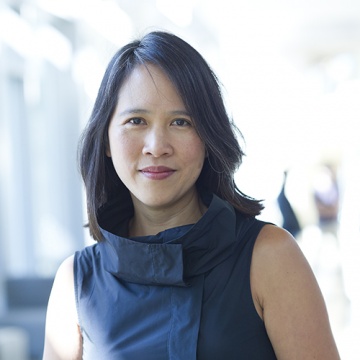
MIT Governance Lab
Lily L. Tsai is the Director and Founder of the MIT Governance Lab, the Ford Professor of Political Science at the Massachusetts Institute of Technology (MIT), and the former Chair of the MIT Faculty. Her research focuses on accountability, governance, and political participation in developing contexts, particularly in Asia and Africa. In 2014, she founded MIT GOV/LAB, a group of social and behavioral scientists and design researchers who develop and test innovations in citizen engagement and government responsiveness. By focusing on how and why citizens become active in engaging their governments, Tsai aims to bridge researcher and practitioner communities by developing learning collaborations that can respond to governance challenges using empirical evidence in real-time. Tsai has written two books, When People Want Punishment: Retributive Justice and the Puzzle of Authoritarian Popularity, and Accountability Without Democracy: Solidarity Groups and Public Goods Provision in Rural China, as well as articles in The American Political Science Review, The Journal of Politics, Comparative Political Studies, Political Behavior, Comparative Politics, and World Development.
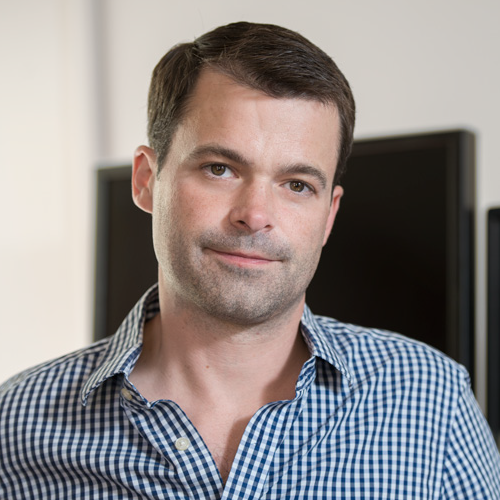
Stanford University
Robb Willer is a Professor in the Departments of Sociology, Psychology (by courtesy), and the Graduate School of Business (by courtesy) at Stanford University. He is the Director of the Polarization and Social Change Lab and the Co-Director of the Center on Philanthropy and Civil Society.
Professor Willer’s teaching and research focus on social forces that bring people together (e.g., morality, altruism), forces that divide them (e.g., fear, prejudice), and domains of social life that feature the complex interplay of the two (e.g., hierarchies, politics).
The primary area of his research looks at the social and psychological forces shaping Americans’ political attitudes. He has a particular interest in techniques for overcoming polarization to build political consensus. He studies how political psychology findings can be applied to construct persuasive political messages.
Much of his political research suggests that attitudes and ideology are, in part, products of individuals’ efforts to manage the threats they face in everyday life. For example, he has found that masculinity threats can influence men’s attitudes towards war and gay rights. In other research, he finds a link between white Americans’ views of welfare programs and the Tea Party and their perception that white advantage in the U.S. is declining.
The other main area of his research looks at how altruism, morality, and reputation systems promote cooperation and generosity. In this research he finds that many aspects of social life that are often seen as antisocial or malicious – such as gossip, moral judgments, and status hierarchies – are fundamental to social order. He also studies the dynamics of status and prestige, with a focus on the social psychological forces that stabilize hierarchies of rank. Recently, he has studied the role that emotions play in the moral judgments people form about one another, and how those judgments in turn can promote cooperation and solidarity in groups.
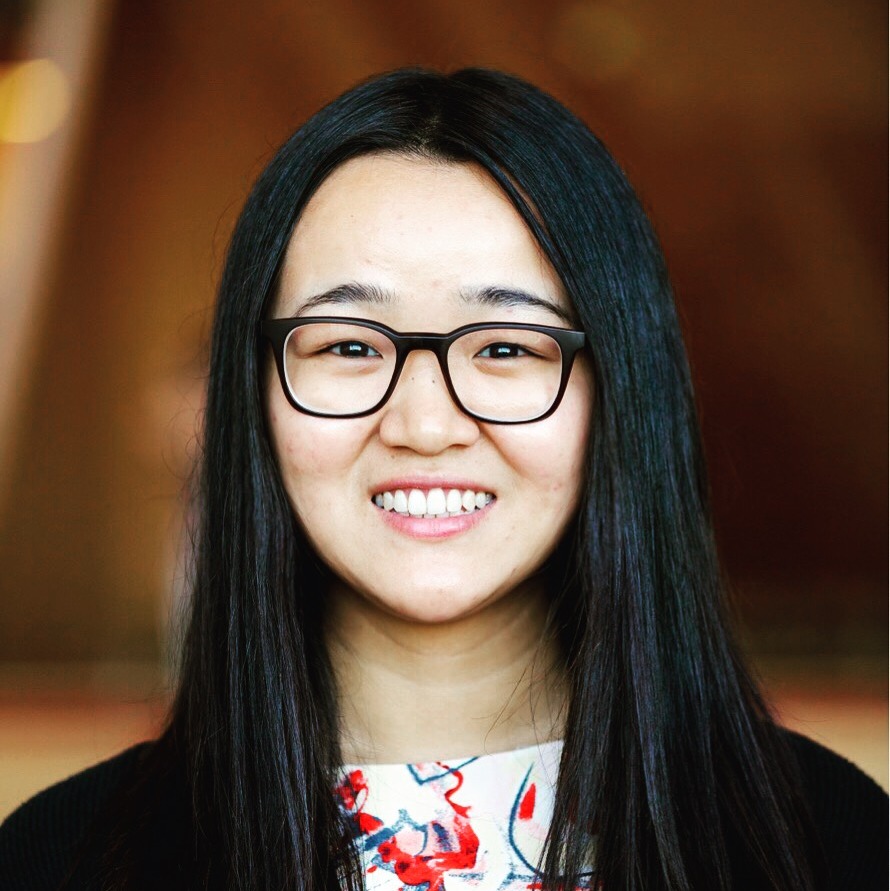
Stanford University
Diyi Yang is an Assistant Professor in Computer Science at Stanford University. Professor Yang’s research interests are Computational Social Science and Natural Language Processing. Her research goal is to understand the social aspects of language and then build socially aware NLP systems to better support human-human and human-computer interaction. Professor Yang received her PhD from the School of Computer Science, Carnegie Mellon University, and her bachelor’s degree from Shanghai Jiao Tong University, China. Her work has received multiple best paper nominations or awards at ICWSM, EMNLP, SIGCHI, ACL, and CSCW. She is a recipient of Forbes 30 under 30 in Science, IEEE “AI 10 to Watch”, the Intel Rising Star Faculty Award, Microsoft Research Faculty Fellowship, and NSF CAREER Award.